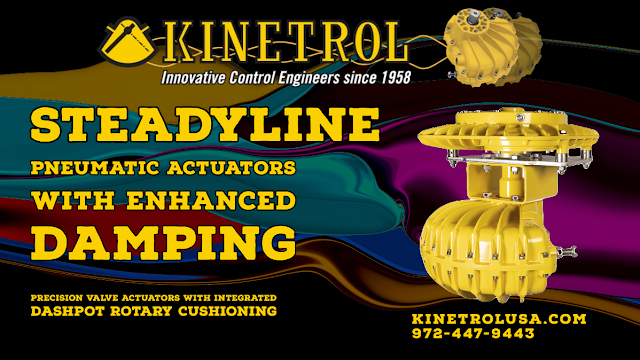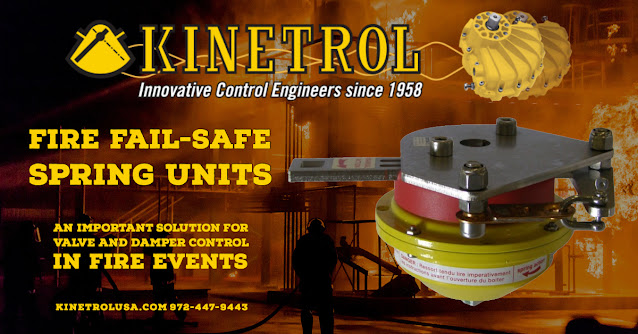- Water Hammer: This is one of the most commonly known problems resulting from the rapid closing or opening of valves. Also known as hydraulic shock, water hammer occurs when a fluid's flow rate changes, causing a sudden increase in pressure producing shock waves that travel through the fluid in the pipes. The resulting forces can damage pipes, valves, and other equipment.
- Cavitation: This occurs when the pressure of a liquid drops below its vapor pressure, leading to the formation of vapor bubbles. When these bubbles move to an area of higher pressure, they collapse, causing localized shock waves, eroding the valves and pipes' material, and leading to premature equipment failure.
- Surge Pressures: Similar to water hammer but typically in systems with gases, rapid valve closure or opening can result in a pressure surge, damaging the system.
- Pump Issues: Rapidly closing a valve downstream of a pump can result in a sudden increase in pressure, which might cause the pump to work against a "dead head" condition, leading to overheating and potential damage to the pump.
- Instrumentation Errors: Rapid changes in flow rates can cause instrumentation reading errors, as many flow meters and sensors require steady-state conditions for accurate measurements.
- Process Upsets: Rapid valve actions can lead to unexpected changes in process conditions, potentially affecting product quality or even causing unsafe conditions.
- Noise: Fluids' sudden acceleration or deceleration can create noise due to vibrations. Over time, this can also contribute to material fatigue.
- Seal and Gasket Failure: The sudden change in pressure and flow can exert excessive stress on seals and gaskets, leading to premature failure.
- Mechanical Stress: The physical stress from rapid valve actions can weaken pipe supports, joints, and valve mechanisms.
Kinetrol USA
https://kinetrolusa.com
972-447-9443





